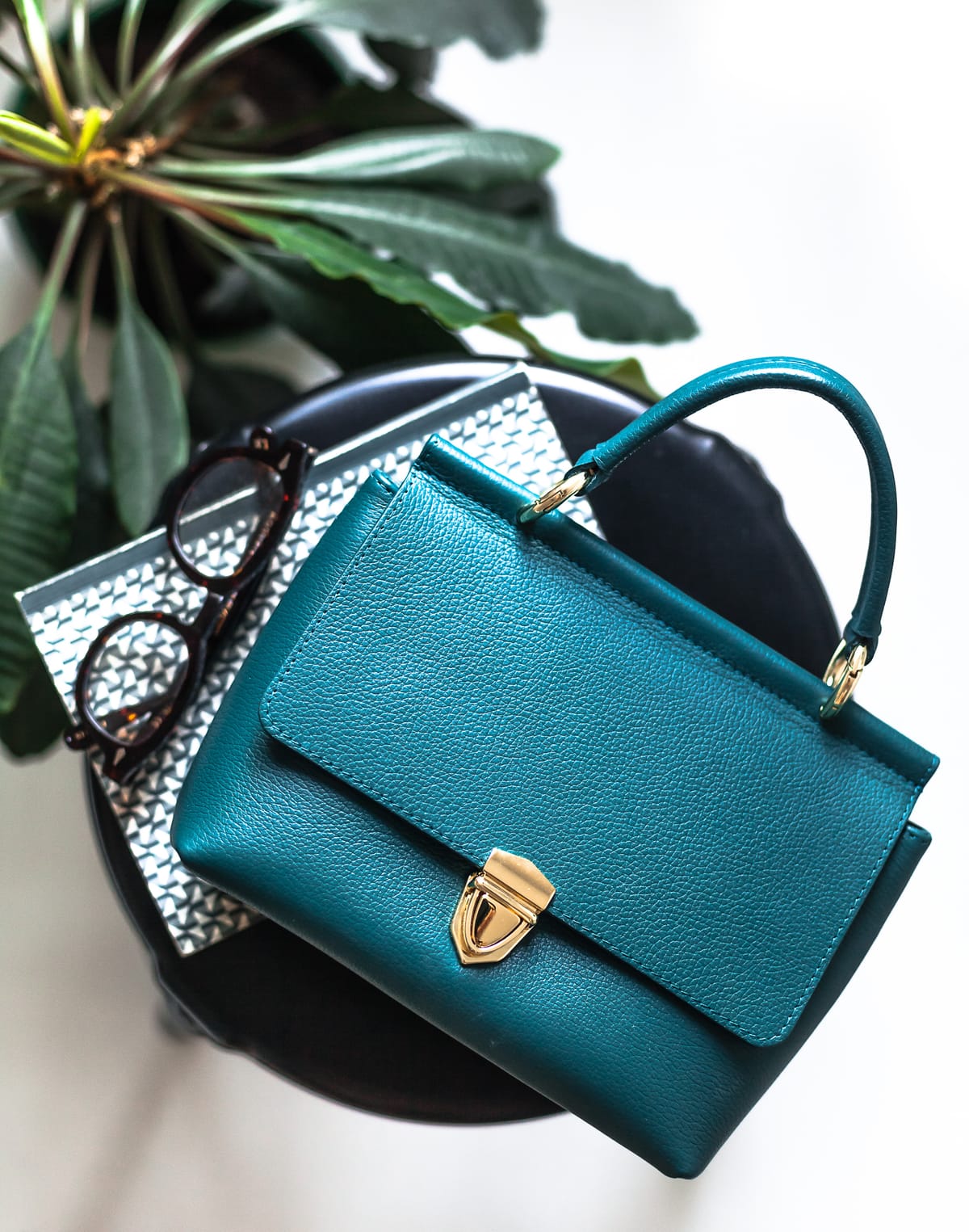Coach accused of greenwashing
Designer brand Coach exposed for slashing unused merchandise in a scheme to take advantage of a tax loophole.

Coach, the designer brand known for its high-end bags and shoes, has come under fire after environmental activist Anna Sacks posted a video on TikTok exposing the company for their unmistakeable greenwashing. The video shows Sacks holding up handbags that have been purposely slashed and damaged by Coach employees, under instructions from the company to do this. Sacks explains that the reason for this is a tax loophole that allows these bags to be categorised under accidental damage – leading to a reduced tax bill. After the unwanted merchandise is cut up, employees are told to throw them away in dumpsters behind malls, which is where they were found by Tiffany She’ree (@dumpsterdivingmama on Instagram), whose hobby is combing through dumpsters to find salvageable goods.
All this is in stark contrast to Coach’s merchandise repairing scheme, Coach Re(Loved), with the slogan “Don’t Ditch It, Repair It”. Coach has a policy of taking in damaged goods from customers and repairing it for them. On their website, they state that “it’s another small thing we can do to keep bags out of landfill and reduce our impact on the planet”. The thousands of people who have voiced their opinions on this controversy online seem to all agree that the irony of this is unbearable.
However, this type of practice is not exclusive to Coach – it seems to be a common theme among clothing retail brands. In 2017, Swedish brand H&M was famously exposed for allegedly burning 12 tonnes of unsold clothing each year, despite pushing an image of sustainability in their marketing. British luxury brand Burberry admitted in their 2018 annual report to destroying £26.6 million pounds worth of merchandise to retain a reputation of exclusivity in their products. Across the board, ranging from affordable companies to high-end designer brands, there is a glaring problem in the fashion industry.
After Sacks’ TikTok inevitably went viral, Coach saw a 44 percent plummet in online sales. Following the backlash, the company published an apology post on their Instagram, stating that they have “ceased destroying in-store returns of damaged or unsellable goods”. They also mentioned that last year, they donated $55 million to “low-income families, individuals in need, those re-entering the workforce and educational programs” – an interesting inclusion that commenters under the post described as a performative apology. This type of response seems to be a classic case of being sorry that they got caught, not that they did it in the first place.
This controversy points to the bigger problem of consumer culture and the fashion industry’s large-scale habit of polluting the environment. Clearly, there is something wrong with the way these companies operate and policies to prevent these types of practices should be implemented.










